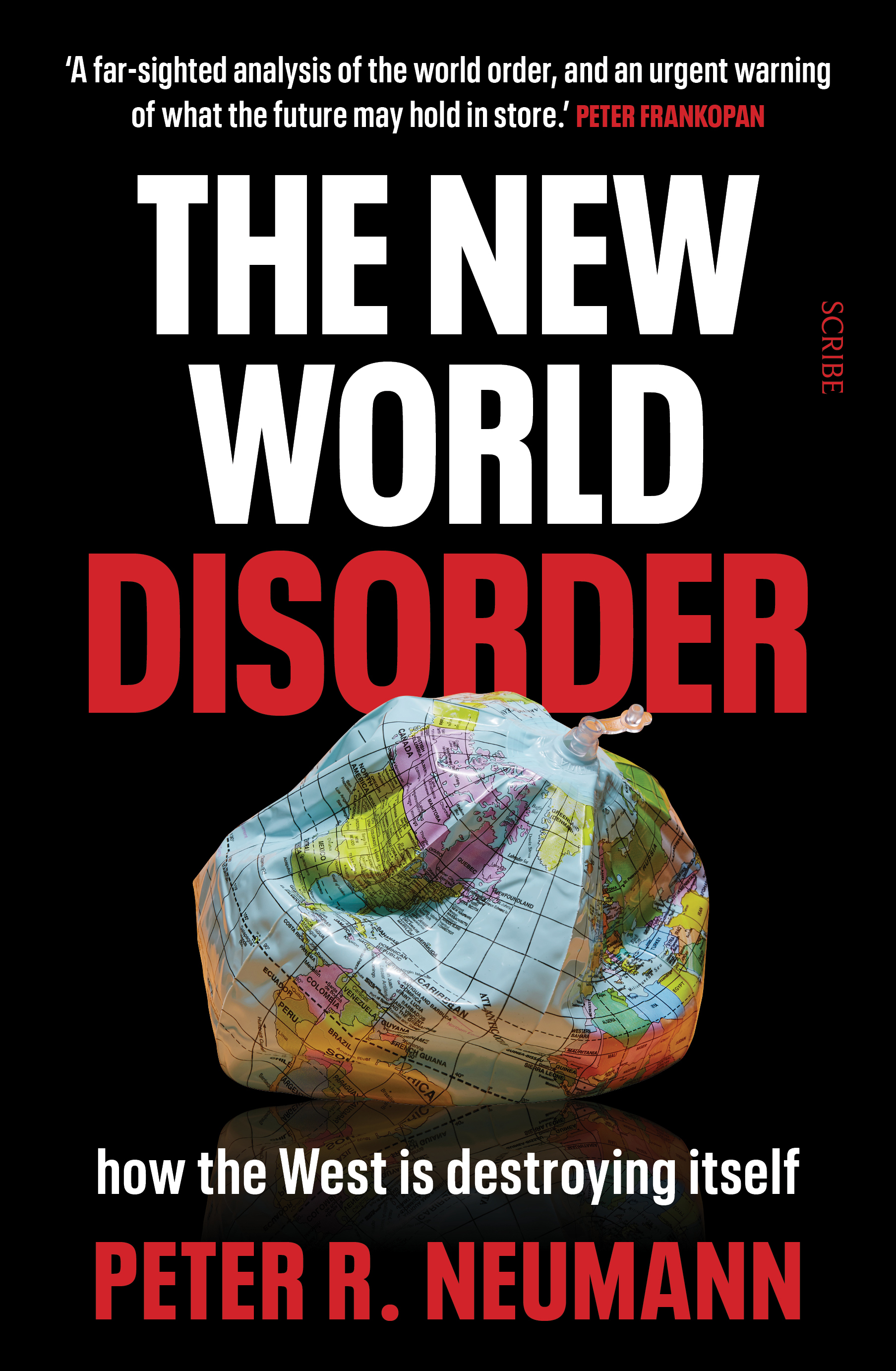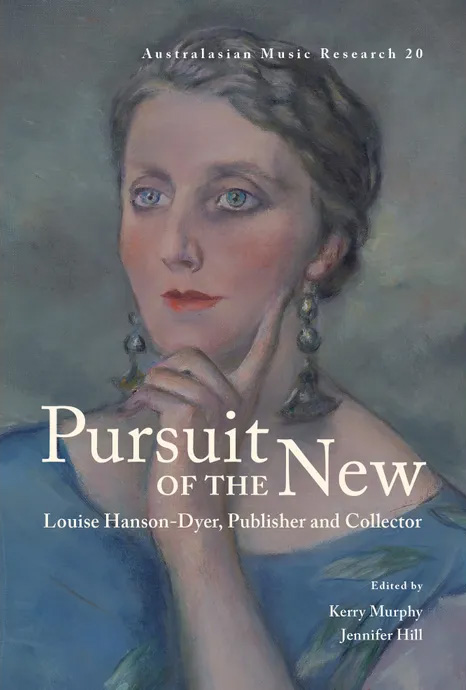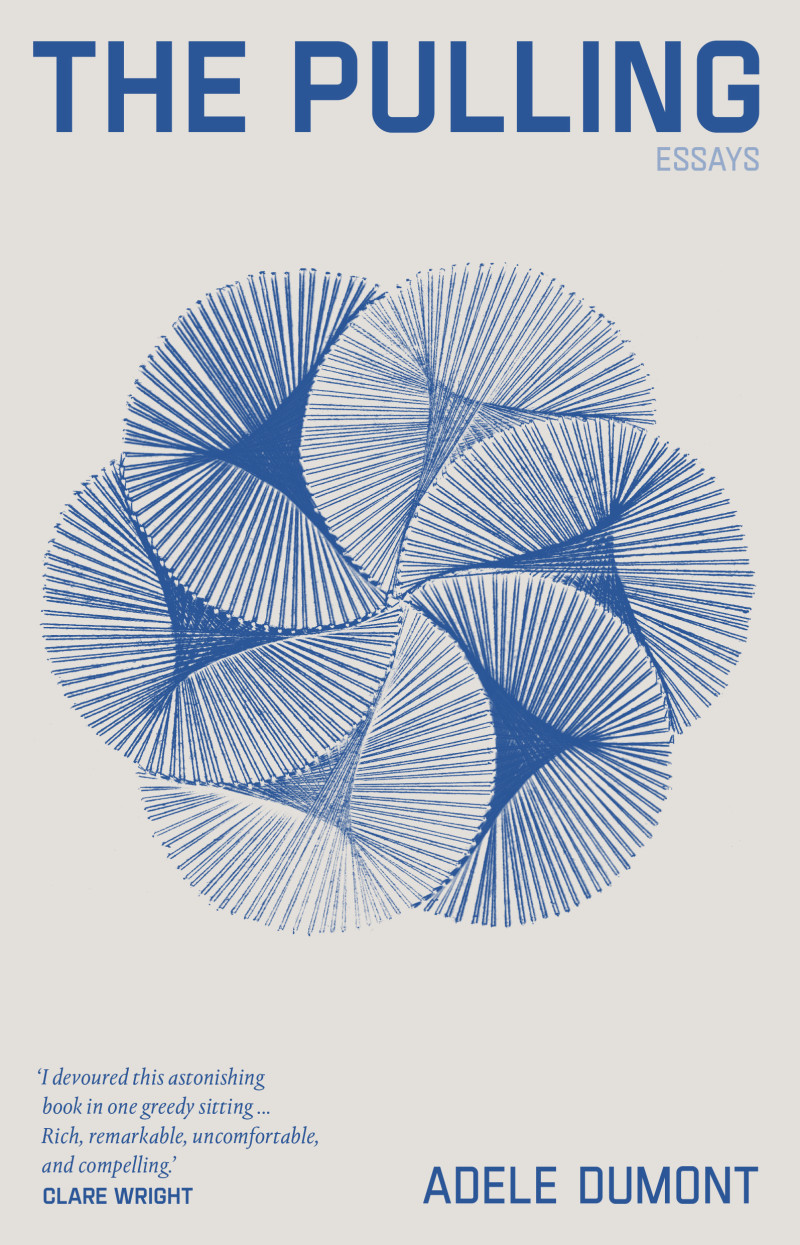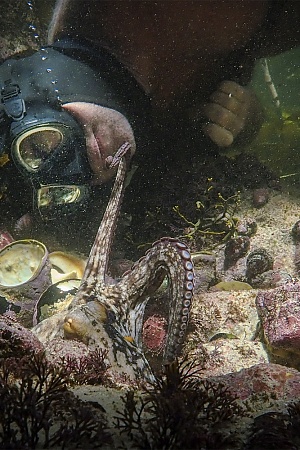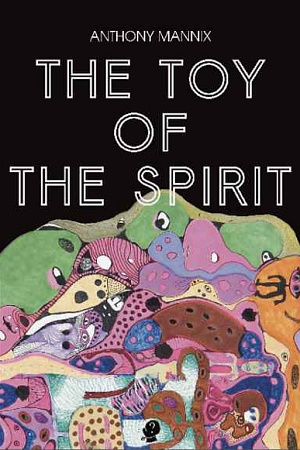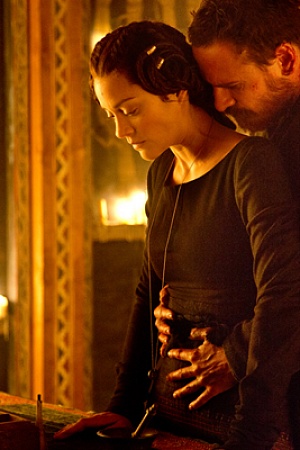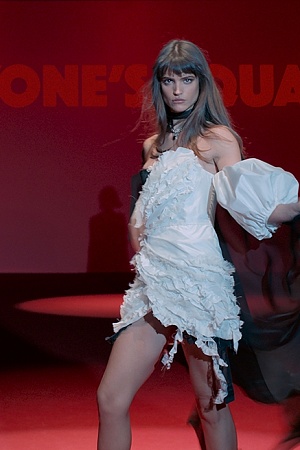Mary Shelley ★★1/2
The two hundredth anniversary of the publication of Mary Shelley’s Frankenstein; or, The Modern Prometheus (1818) has given rise to a predictable slew of new reflections and reappraisals offering a twenty-first-century context to this seminal work. None was written with more erudition or acuity than Jill Lepore’s essay for the New Yorker, which emphasised both the novel’s potential as a politically radical text and the unspeakable angst endured by its author, which was in part its inspiration. At the other end of the spectrum is this occasionally charming, mostly guileless, and ultimately patchy film from director Haifaa al-Mansour, which focuses on the turbulent early years of the storied romance between Mary Wollstonecraft Godwin, as she was known at the time, and the canonical Romantic poet Percy Bysshe Shelley.
The film opens with sixteen-year-old Mary (Elle Fanning) sitting alone, writing in a graveyard overgrown with vines and greenery, the gothic imagery being served up from the outset. The scene is set for a film full of the washed-out greys, pallid complexions, and gloomy landscapes that characterise many a supernatural thriller, a comparable example being The Others (2001). Soon we are introduced to the major figures in Mary’s life, including her charismatic but unforgiving father, the anarchic political philosopher William Godwin, played here with an admirably impassioned sense of solemnity by Stephen Dillane. His wife and Mary’s stepmother (Mary Wollstonecraft, her mother, author of A Vindication of the Rights of Women [1792], died days after giving birth to Mary), played by Joanne Froggatt, is a less successfully crafted character, a cartoonish villain reduced to nothing but shrill complaining about everything Mary does.
Mary Shelley begins its real descent into mediocrity, however, with the introduction of Shelley (Douglas Booth), who is given some of the film’s most cloying lines from a script that has no subtlety or nuance and tells its story all too literally. The poet is depicted as naïve, hypocritical, callous, pompous, profligate, and infantile, as he may well have been, but Booth’s woodenness and the rudimentary dialogue ensure that he is also invested with nil personality or intrigue. Furthermore, while one must be careful about discussing an actor’s physicality, Booth’s chiselled features and immaculately tousled hair give Shelley the boy-band good looks (not to mention the all-too-self-aware charm of the archetypal millennial) that can adversely affect a period piece such as this.
Continue reading for only $10 per month. Subscribe and gain full access to Australian Book Review. Already a subscriber? Sign in. If you need assistance, feel free to contact us.


